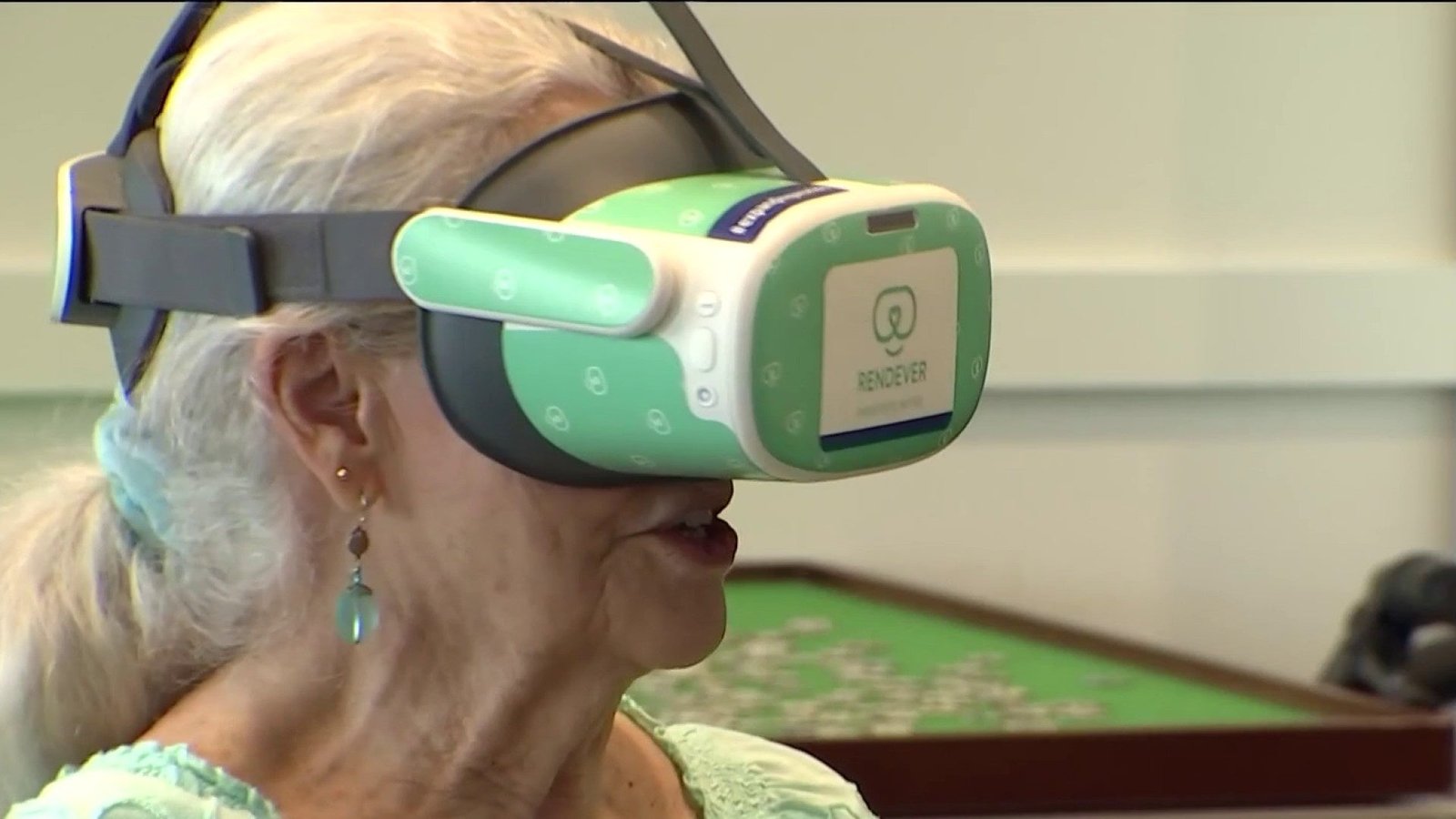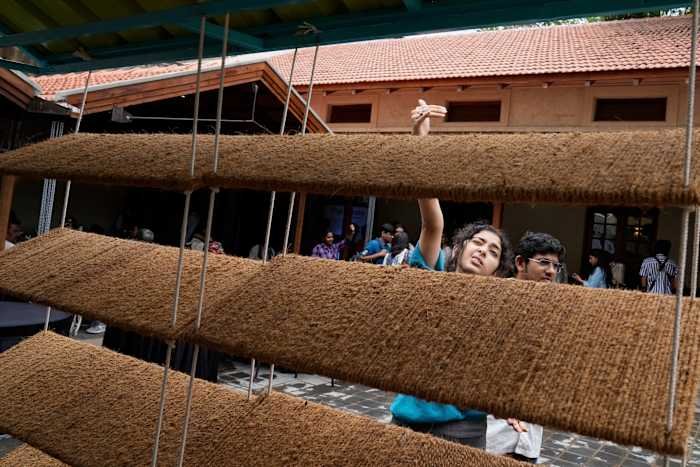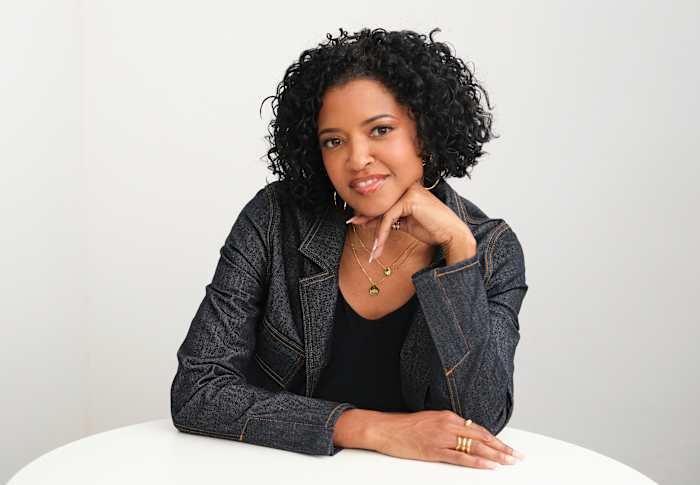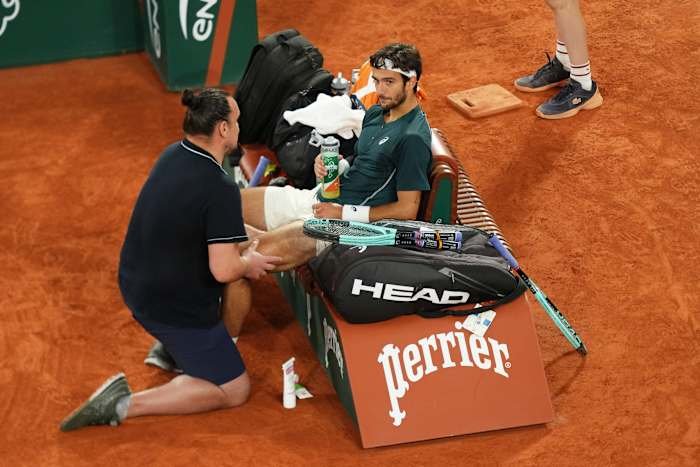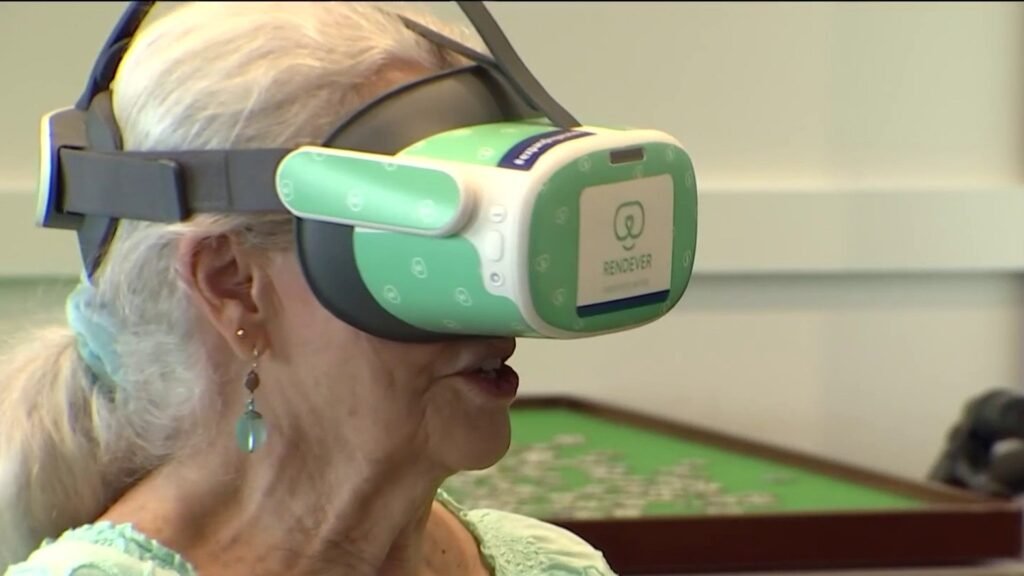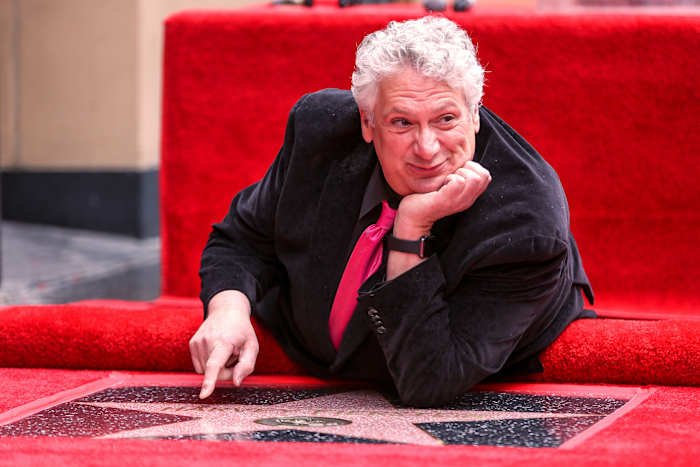Virtual reality (VR) is no longer just for gamers or tech enthusiasts. Recent studies have revealed its significant benefits for senior citizens, especially when it comes to improving mental and physical health. Across the country, and right here in Orlando, VR programs are being introduced in senior living communities, health centers, and even private homes. But how exactly does this futuristic technology help our elderly population? And what does it mean for Orlando’s seniors? Read on as we break down the latest research and local impact of VR on senior health.
How Virtual Reality Works for Seniors
Virtual reality creates immersive, computer-generated environments that users can interact with using special headsets and hand controllers. For seniors, this technology is adapted to offer experiences that range from guided meditation in serene settings to memory-boosting games and gentle exercise routines. Some programs even allow seniors to visit distant places or relive cherished memories, all from the safety and comfort of their living space.
In Orlando, several senior care facilities and activity centers have begun to integrate VR sessions into their wellness offerings. These sessions are typically supervised by trained staff who ensure the technology is accessible and tailored to the participants’ needs.
Mental Health and Cognitive Benefits
One of the most exciting findings from new research is that VR can enhance seniors’ cognitive functioning and emotional well-being. According to a 2024 study published in the Journal of Geriatric Psychiatry, seniors who participated in regular VR activities showed improved memory retention, better mood, and reduced symptoms of depression and anxiety compared to those who did not.
In Orlando, where many retirees seek an active and socially connected lifestyle, VR programs offer a new way to combat loneliness and stimulate the mind. Local organizations such as the Orlando Senior Center have reported positive feedback from participants, who often look forward to their weekly VR sessions as a highlight of their routine.
Physical Health and Mobility Improvements
VR isn’t just beneficial for the mind; it can also help seniors stay physically active. Many VR platforms are designed with gentle movement and balance exercises in mind, making them ideal for older adults who may have limited mobility or are recovering from injury. These virtual exercises can improve strength, flexibility, and coordination, which are crucial for maintaining independence and preventing falls.
Orlando’s warm weather and active senior community make it a perfect place for blending traditional outdoor activities with new VR-based fitness routines. Senior centers and physical therapy practices in Orlando are increasingly adopting VR as part of their wellness programs, helping residents stay active even during rainy days or heat waves when outdoor exercise isn’t feasible.
Social Connection and Community Engagement
One of the often-overlooked aspects of VR for seniors is its ability to foster social interaction. With VR, seniors can join virtual group activities, attend live concerts, or even connect with family members who live far away. These interactive experiences help reduce feelings of isolation, which is a significant concern among older adults, especially in larger cities like Orlando.
Local organizations in Orlando are exploring ways to use VR to connect seniors with each other and with younger generations, sometimes partnering with schools or community groups. Such initiatives not only enhance social bonds but also offer a sense of purpose and belonging to participants.
What’s Next for VR and Orlando’s Seniors?
As technology continues to advance, the potential for VR to improve seniors’ lives grows even further. Orlando is home to a thriving tech sector and a large senior population, making it an ideal testing ground for new VR health initiatives. Non-profits, healthcare providers, and tech companies are collaborating to create affordable, accessible VR solutions tailored to the unique needs of older adults in Central Florida.
Whether it’s through virtual travel, brain games, gentle exercise, or social meetups, VR is quickly becoming an important tool in the toolkit for senior health. As more research emerges, expect to see even more innovative programs popping up throughout Orlando’s senior communities.
Conclusion
Virtual reality is proving to be much more than a high-tech novelty—it’s a powerful resource for enhancing the well-being of seniors, both nationwide and right here in Orlando. From improving mental health to encouraging physical activity and building social connections, VR is opening up new possibilities for our aging population. Have you or a loved one tried VR? What was your experience? We’d love to hear your thoughts—please leave a comment below and join the conversation!

